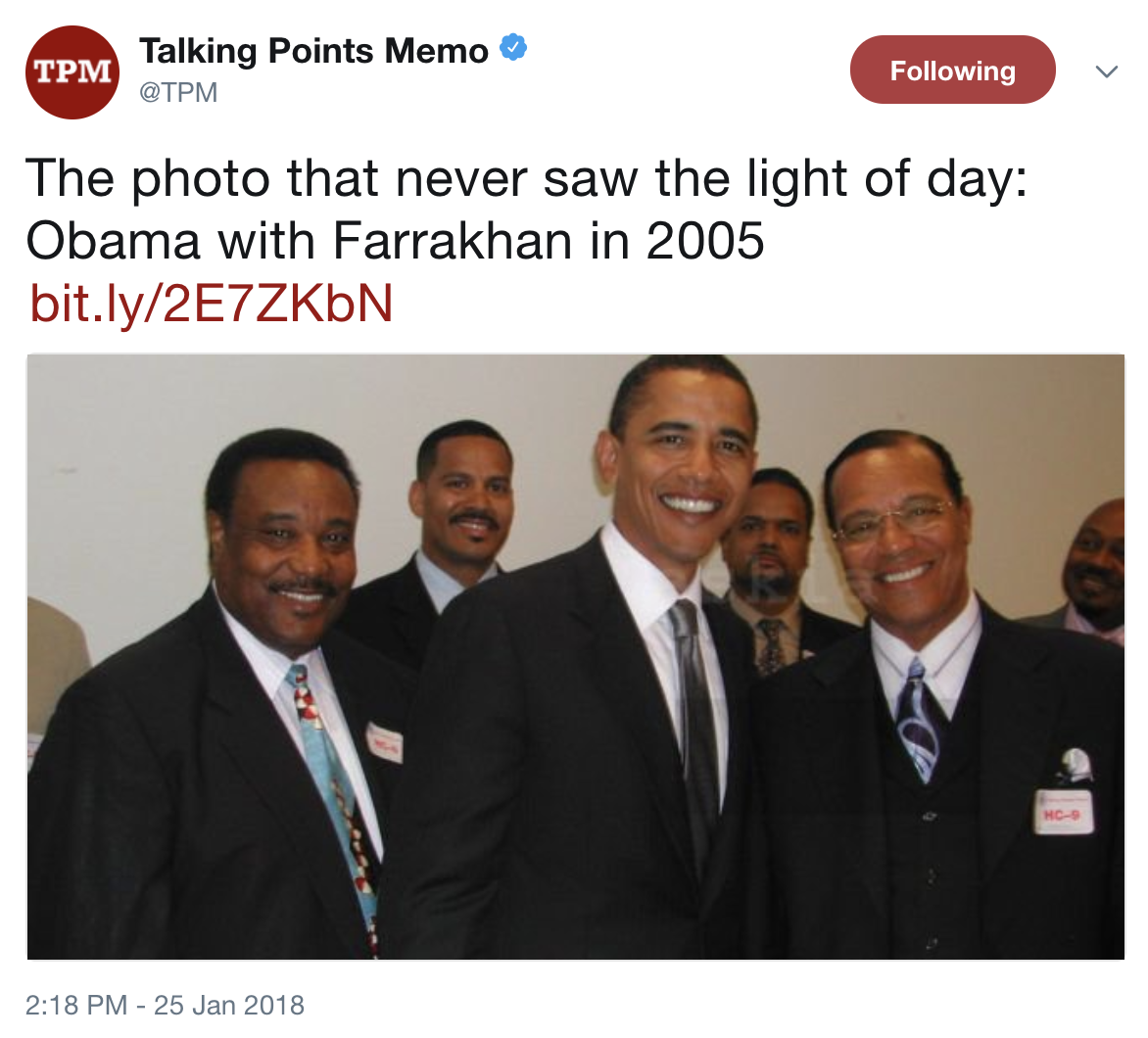No one can be Jewish and still support Israel.
A religious Jews would know that we are supposed to be in atonement for the sins of pride and arrogance, so need to wait for the coming of the Messiah.
Non-religious Jews would know that invading Palestine, and stealing their homes was a crime.
you are not a jew. You are a FRAUD. ---in fact a pile of dog shit
It is any one who calls himself a Zionists who is a fraud.
{...
Jewish anti-Zionism
Jewish anti-Zionism is as old as Zionism itself, and enjoyed widespread support in the Jewish community until World War II.
[7] The Jewish community is not a single united group and responses vary both among and within Jewish groups. One of the principal divisions is that between
secular Jews and
religious Jews. The reasons for secular opposition to the Zionist movement are very different from those of religious Jews. Opposition to a Jewish state has changed over time and has taken on a diverse spectrum of religious, ethical and political positions.
The legitimacy of anti-Zionist views has been disputed to the present day, including the more recent and disputed relationship between anti-Zionism and
antisemitism.
[8] Other views regarding the various forms of anti-Zionism have also been discussed and debated.
[9][10][11]
Before 1948
There is a long tradition of Jewish anti-Zionism that has opposed the Zionist project from its origins. The
Bundists,
the Autonomists,
Reform Judaism and the
Agude regarded both the rationale and territorial ambitions of Zionism as flawed.
Orthodox Judaism, which grounds civic responsibilities and patriotic feelings in religion, was strongly opposed to Zionism because, though the two shared the same values, Zionism espoused nationalism in secular fashion, and used "Zion", "Jerusalem", "Land of Israel", "redemption" and "ingathering of exiles" as literal rather than sacred terms, endeavouring to achieve them in this world.
[12] Orthodox Jews also opposed the creation of a
Jewish state prior to the appearance of the
messiah, as contradicting divine will.
[13] By contrast, reform Jews rejected Judaism as a national or ethnic identity, and renounced any messianic expectations of the advent of a Jewish state.
[14]
Religious
Hope for return to the land of Israel is embodied in the content of the Jewish religion (see
Kibbutz Galuyot).
Aliyah, the Hebrew word meaning "ascending" or "going up", is the word used to describe religious Jewish return to Israel, and has been used since ancient times. From the
Middle Ages and onwards, many famous rabbis and often their followers returned to the land of Israel. These have included
Nahmanides,
Yechiel of Paris,
Isaac Luria,
Yosef Karo,
Menachem Mendel of Vitebsk among others. For
Jews in the Diaspora Eretz Israel was revered in a religious sense. They prayed, and thought of the return, as being fulfilled in a messianic age.
[15] Return remained a recurring theme for generations, particularly in
Passover and
Yom Kippur prayers, which traditionally concluded with, "
Next year in Jerusalem", as well as the thrice-daily
Amidah (Standing prayer).[
citation needed]
Following
Jewish Enlightenment however,
Reform Judaism dropped many traditional beliefs, including
aliyah, as incompatible with modern life within the Diaspora. Later, Zionism re-kindled the concept of
aliyah in an ideological and political sense, parallel with traditional religious belief; it was used to increase Jewish population in the Holy Land by immigration and it remains a basic tenet of Zionist ideology. Support for aliyah does not always equal immigration however, as a majority of the world Jewish population remains within the Diaspora. Support for the modern Zionist movement is not universal and, as a result, some religious Jews as well as some secular Jews do not support Zionism.
Non-Zionist Jews are not necessarily anti-Zionists, although some are. Generally however, Zionism does have the support of the majority of the Jewish religious organizations, with support from segments of the
Orthodox movement, and most of the
Conservative, and more recently, the
Reform movement.
[16][17][18]
Many
Hasidic rabbis oppose the creation of a Jewish state. The leader of the
Satmar Hasidic group, Rabbi
Joel Teitelbaum's book,
VaYoel Moshe, published in 1958, expounds one Orthodox position on Zionism, based on a literal form of
midrash (biblical interpretation). Citing to Tractate Kesubos 111a
[19] of the
Talmud Teitelbaum states that God and the Jewish people exchanged
three oaths at the time of the Jews' exile from ancient Israel, forbidding the Jewish people from massively immigrating to the Land of Israel, and from rebelling against the nations of the world.
Secular
Prior to the Second World War many Jews regarded Zionism as a fanciful and unrealistic movement.
[20] Many liberals during the European
Enlightenment had argued that Jews should enjoy full equality only on the condition that they pledge their singular loyalty to their nation-state and entirely assimilate to the local national culture; they called for the "regeneration" of the Jewish people in exchange for rights. Those liberal Jews who accepted integration and/or assimilation principles saw Zionism as a threat to efforts to facilitate Jewish citizenship and equality within the European nation-state context.
[21]
The
Jewish Anti-Zionist League, in Egypt, was a Communist-influenced anti-Zionist league in the years 1946–1947. In
Israel, there are several Jewish anti-Zionist organisations and politicians, many of these are related to
Matzpen.
...}
Anti-Zionism - Wikipedia
If someone believes in Judaism, they are supposed to atoning so that the Messiah was come, and only then can there be a real Zion on Earth.

